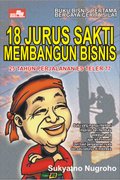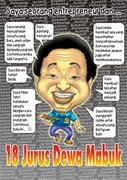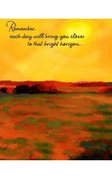TEN CHARACTERISTICS OF A HOME BUSINESS PROFESSIONAL
1. Home business professionals are usually leaders, not followers. We like to set the standards, not adhere to them.
2. Home business professionals are always looking for new and better ways to do things. We believe that there is always a better, more effective way to get things done, and we seek to find it.
3. Home business professionals are very open-minded. We never say that an idea won't work without looking at all the facts, and if possible, testing the theory in question.
4. Home business professionals are generally very organized. We are our own bosses. There is nobody to tell us when, or how, to get things done. It is something we must do for ourselves, and being organized is usually the first step in getting things done effectively.
5. Home business professionals are hard workers. We know that starting a business is hard work, with long hours. However, we know that eventually, we will be able to work fewer hours and enjoy the same success. However, we do understand that work will always be involved, even if the hours are shorter.
6. Home business professionals like to help out others. If you talk to a home business professional, the chances are good that you will find that person does charity work of some sort.
7. Home business professionals are honest in their business dealings. When they see others being dishonest, they are quick to call them on it, and point it out to others.
8. Home business professionals are very dedicated. We love what we do. It is something we have chosen for ourselves. We make our own rules, and we love "going" to work each day. Our love for what we do drives us to do it better than anyone else and keeps us very motivated.
9. Home business professionals are very energetic. We don't have the stresses that the people in the corporate world have. We are not a part of the rat race. This allows us to have more energy. While traditional corporate employees tend to go home from work and stretch out on the couch to watch television, home business professionals walk out of their home offices ready to go have fun. We have alot of energy left over at the end of the day.
10. Home business professionals are happy people. We love what we do. We've made our own rules, and we are living the lives that we have chosen to live. Who wouldn't be happy?














